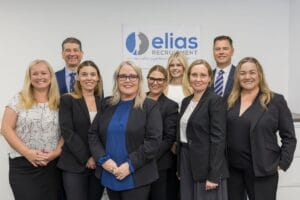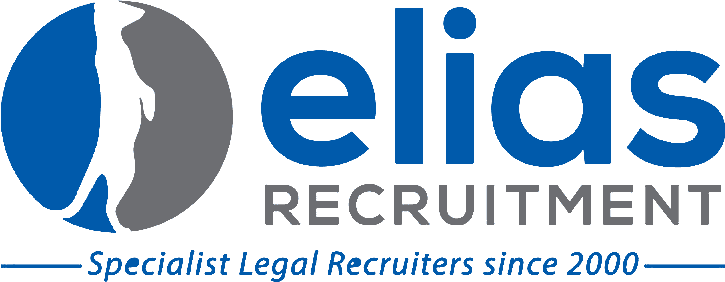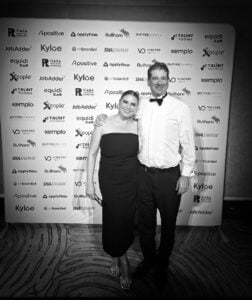
Elias Recruitment Retreat: Sharpening Skills and Celebrating Wins
Staying at the Top of Our Game Staying at the top of the game doesn’t happen by accident, it takes time, collaboration, and a willingness to challenge ourselves. That’s why Elias Recruitment took a few days out of the daily grind to reflect, refocus, and sharpen our skills so we can deliver even better outcomes for our clients and candidates. Celebrating 25 Years in Business It’s no secret that at Elias, we love a little gathering, and our conferences are always peppered with a bit of fun. Before the ‘retreat’ officially kicked off, some of the team hit the ground running with client visits across Sydney. While we’re always looking ahead, we never lose sight of the relationships that got us here over the 25 years we have been in business. With the whole team together, we had the chance to celebrate that huge milestone, with cake, a raised glass and a lot of laughs. “A quarter of a century in business is no small feat,” reflects Elias Recruitment CEO Jason Elias.“We’ve truly built something special, and we’re only getting started.” Getting Down to Business The next morning, with fresh headshots taken (because looking the part is half the battle), we got down to business. Jason set the tone, by asking the team what it is that Elias, wants to achieve.It turns out, quite a bit. From picking up on hiring signals and understanding what makes a great client or candidate, we took a deep dive into how we can be better at what we do best, connecting top legal talent with the right opportunities. Refining Our Strategy The day continued with some straight-talking strategies around client relationships, goal setting, and finding ways to work smarter.“It’s about knowing where to focus your time,” Jason says.“The best recruiters aren’t just busy, they’re intentional.” Dinner, Connection, and Looking Ahead A few coffees later (and maybe a sneaky afternoon chocolate hit), we wrapped up the day with a much-needed dinner at Spice Temple. Conversations flowed as freely as the wine, and while we like to think we’re a pretty serious bunch when it comes to recruitment, there’s always time to share a few giggles along the way. Friday was all about looking ahead. What defines Elias Recruitment? What makes us different? How do we keep evolving? These weren’t just questions for discussion, they were a chance to shape the next chapter. We explored everything from how we engage clients to the future of sourcing with AI and LinkedIn strategies. Guest Speakers and Big Ideas We were also lucky to have three fantastic guest speakers join us for deep-dive workshops. James Harman walked us through the latest tech tools recruiters can leverage to work smarter. Paul Slezak got us thinking big with sessions on goal setting, backward planning, and uncovering our competing com mitments. And Nick Chandler tackled remuneration strategies, an area that’s increasingly critical in today’s market. Our very own Jarrod Moyle led a powerful SWOT Analysis session, digging into our strengths, weaknesses, opportunities, and threats. Our Foundation for the Future Marnie George inspired us with her session, “Building Our Foundation Together,” where the team collectively landed on our refreshed vision, mission, and values for the road ahead. Last, but certainly not least, International Talent Sourcing Trainer, Vanessa Raath dialled in from afar to show us how to level up our search game with Boolean strings and GenAI. More Than Just Filling Jobs Reflecting on the retreat, Jason summed it up perfectly: “We’re not here to fill jobs. We’re here to build careers, shape futures, and be a trusted partner to the legal industry. That’s what sets us apart.” The 2025 Elias Recruitment Retreat was a reminder of why we do what we do, and why we’re only just getting started. Watch this space.










